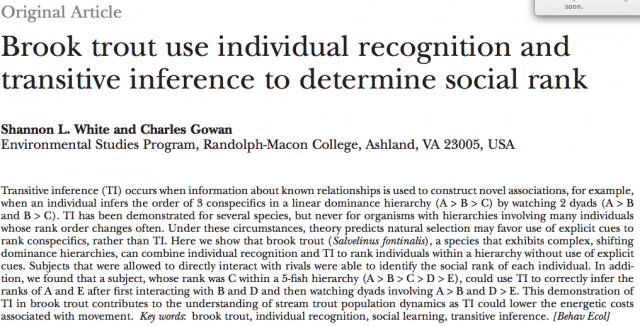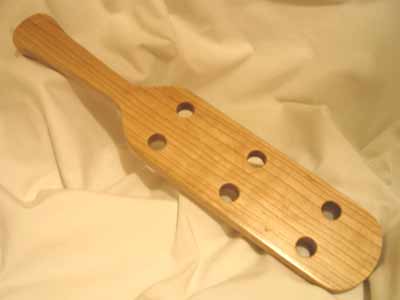Hello; As we set up these artifical bits of water and it is not a natural setting, I say break up the fights. I may have a different take about the question. In natural settings biologists have had a non interference policy for a long time. A home tank may well have species that never meet in nature.
I agree with posts about non compatable individuals or species should not be in the same tank. My guess is that most home tank are too small to house agressive and/or territorial species. For some the entire tank will be a territory.
In the event when I wound up with disputes in a tank, the best solution was often to put one or more fish in sepatate tanks. I like the analogy of training fish being like training cats.
With the pecking order, I have at times had the low ranked fish to be in a constant state of being picked on. An individual constantly hovering up in an extreme corner and very pale is an example. I have had some luck with dense planting or structure with lots of hiding places.
Another thing I have tried, with limited success, is to remove the dominant fish for a few days. The hope is that when placed back in with it's own kind a new order has been established and it may not be quite so agressive. I also have re-arranged the structure/plants a bit with the goal of having things not be so famiiar. ( Not sure what level of memory fish may have.) Often the best is to remove the losers to another tank, but sometimes get a new individual of lowest rank. A big tank and lots of plants/structure to provide hides likel y being the best that can be had.
Good luck
skjl47, you and I have similar thoughts, and I was nodding my head while reading most of your post. On the topic of temporary displacement of a dominant fish and fish memory, I did gain some insight into this while studying brook trout behavior. I was constantly separating and rebuilding the same groups of three fish, they were only together during experiments, and they were housed in individual tanks between trials. Each time they met it was in an identical
tank with a completely novel substrate arrangement and grain size composition. The first time two fish meet, they do a dominance dance and strike one another until one fish (the larger...) is deemed boss. In subsequent greetings, this dance is momentary to non existent. If I ever had to change a fish out of a threesome (due to stress on the lowest fish...) then the new member would be greeted with a full dance round. While I did not collect or analyze any data in regards to this particular behavior, I am confident is saying that this species does indeed remember social status and individual fish. I also read this really cool article, suggesting the same thing, that limits the sensory observation to only visual cues, and found that brook trout not only recognize individuals and remember who they are, but can deduce from visual observation of others interacting wether or not they have a change of dominance, and are less likely to challenge fish who they have seen kick caudal in the past...
Again, this is very species specific, and we all know how drastically different behaviors are among species, but I think that fish have more intellect as a whole than we genius humans give them credit for... If there is a fight on the playground, a giant sack or broom came down from the sky to stop the bully from pounding the nerd, I think that bully would be even more pissed off and take that anger out still on the nerd, and that nerd best look out when he gets off the bus and hope that sack returns to save him. Unless you are always going to be there for your nerd fish, intervening is a temporary solution at best, and aggravating the situation at worst. There are probably some species out there that would respond differently and remediate their behavior after being chased by a net (or the hand of God, which is what I always imagine they see me as...), but as a rule of thumb... "teaching" fish is dumb.
Here is a link to a pdf of the complete publication, I mentioned, it is available online for free, and it is a well designed study. Screenshot of the abstract attached for intrigue...
http://beheco.oxfordjournals.org/content/early/2012/08/28/beheco.ars136.full.pdf+html





